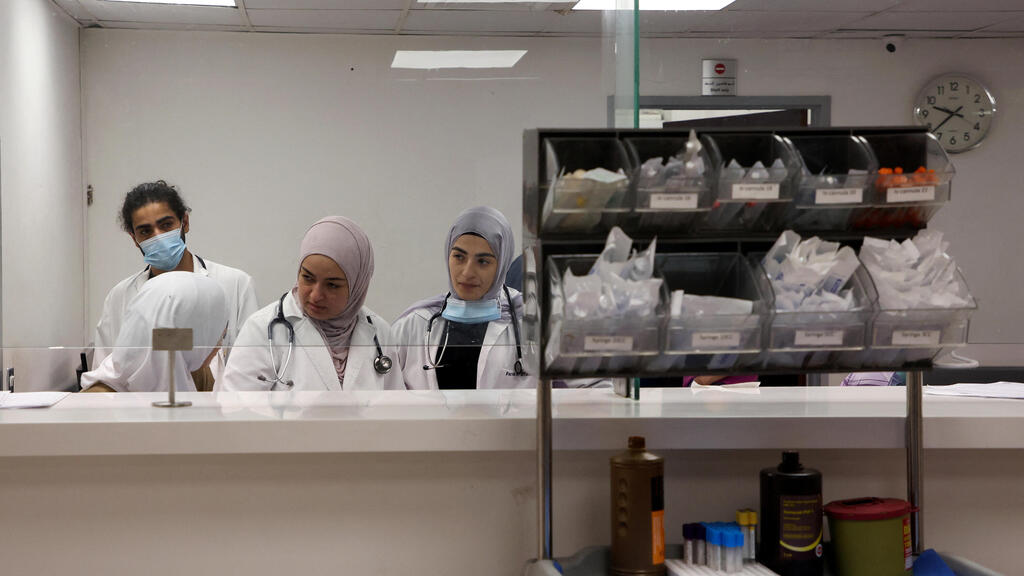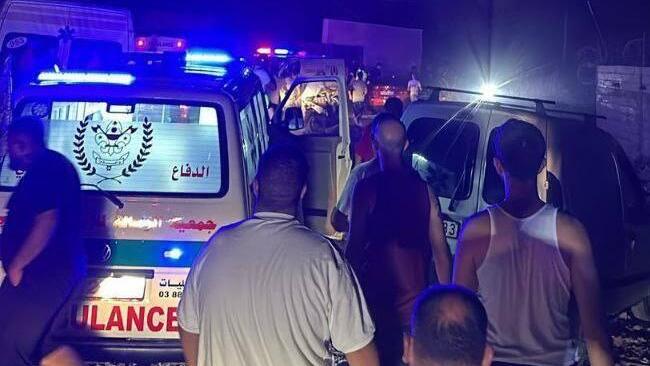Getting your Trinity Audio player ready...
An extensive article published by The Washington Post described the situation in Lebanon and the country’s worsening energy crisis amid the conflict with Israel. The report noted that Lebanon has been regularly updating its emergency plans, which were formulated following Hamas's attack on southern Israeli communities on October 7.
These plans were intended to prepare hospitals and government services for the possibility of a broader confrontation with Israel. However, after months of prolonged fighting, Beirut is now struggling to provide basic services to its citizens.
Last week, Lebanon's state-owned electricity company announced a complete shutdown of electricity supply across the country due to a lack of fuel. Essential institutions such as airports, ports and prisons have been forced to rely on backup sources. At the same time, most households in the country receive only a few hours of electricity per day, filling the gap with expensive private generators.
Lebanon's Health Minister Firas Abiad acknowledged that the nationwide power outage is complicating efforts to prepare hospitals for the worst-case scenarios. "When you have no extra capacity, every resource has to be used wisely,” he said. “This is the main challenge for us now.”
The Washington Post highlighted the story of two individuals injured in an IDF attack in Nabatieh in southern Lebanon. They were taken to a hospital managed by Hezbollah, which provides the services the state cannot.
At the facility, where doctors wear Hezbollah pins and a colorful mosaic of Iran's Supreme Leader Ali Khamenei is displayed on the wall, the two were placed in a medically induced coma. A relative of the injured individuals shared that Hezbollah sent a vehicle to Beirut to transport him south after the incident and provided him with a place to sleep at the hospital.
"Between us, there is a mutual respect," said Hassan Ahmed Mousa, the two’s relative, regarding Hezbollah's treatment of his family members. Standing beside a yellow Hezbollah flag, he repeatedly expressed his gratitude to the terror organization, while glancing at two Hezbollah officials seated next to him as he answered the reporter's questions.
Lebanon’s electricity company announced the halt of power supply and said that "all options have been exhausted." It also noted that it is currently unclear how long the crisis will last. The electricity shutdown in Lebanon highlights its failure to resolve a long-standing issue and its significant deterioration.
However, this didn’t come as a surprise to the country's residents, as Lebanon has been experiencing an electricity crisis for a long time with several officials warning that the situation was close to collapsing in the weeks leading up to the shutdown.




